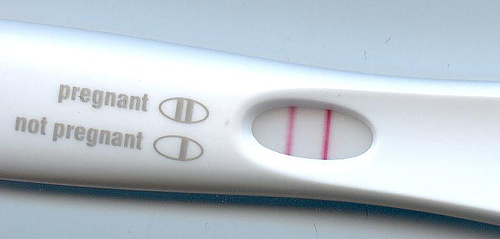What is this Amnio test, what can this test detect, why have the test most women ask?
Most Obstetricians and Gynaecologists recommend that you have an amniocentesis when you about almost four months pregnant if you have risk factors. This is recommended to woman over 30 years old, but in some cases, the doctor may recommend this to a younger woman. However, having this test is entirely your choice. Before having this test, the doctor will send you for blood tests which can detect up to 60% of babies with Down Syndrome and therefore may help the argument for having the Amnio test. What does Amnio mean, Amniotic fluid in your womb? Rather known as Amniocentesis It helps identify if
Read More









